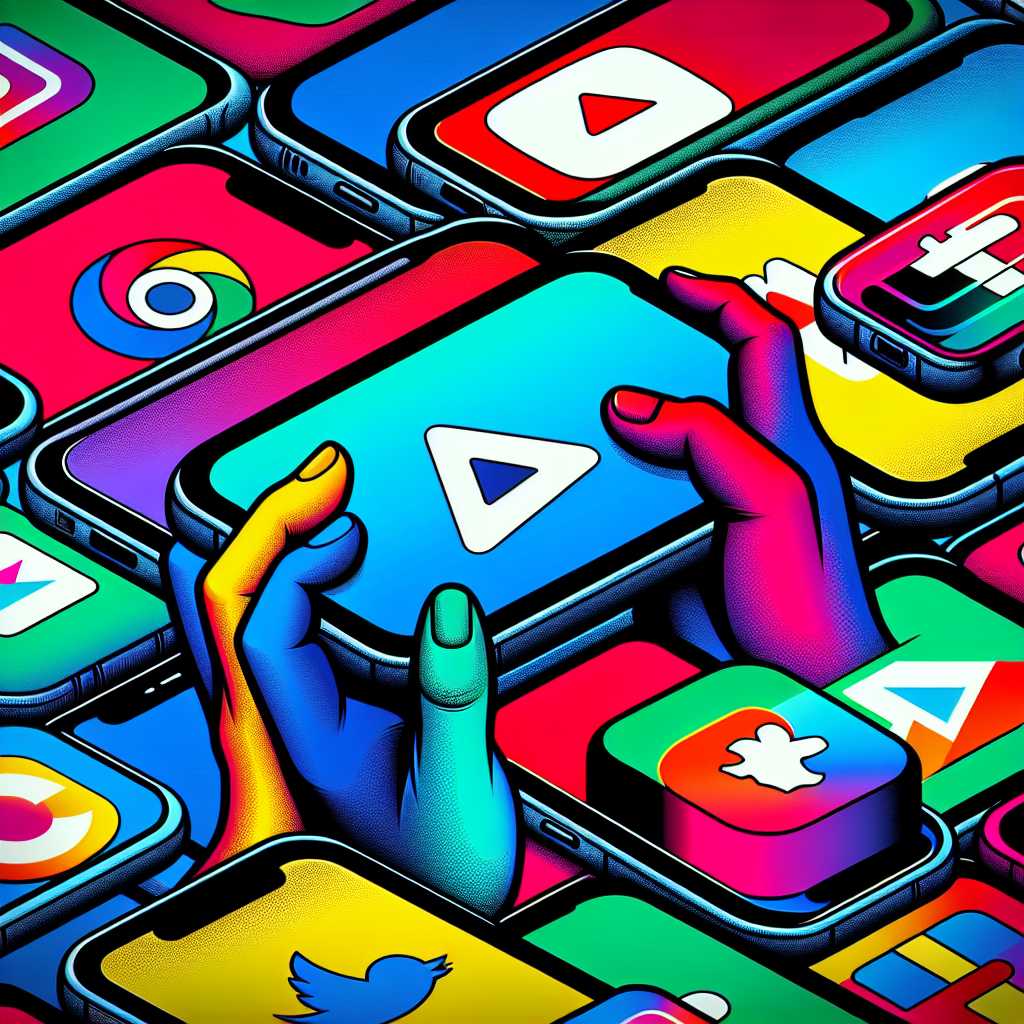Exploring the Controversies and Consequences of TikTok Bans Around the World
TikTok, a popular social media platform known for its short-form video content, has faced scrutiny and bans in various countries due to concerns over privacy, data security, and the potential for propaganda. In this comprehensive overview, we delve into the reasons for the TikTok bans, examine the reactions from different stakeholders, analyze the effects on users and politics, and consider the future of internet regulations as they pertain to applications like TikTok.
The Rise of TikTok and its Global Presence
TikTok, run by Chinese company ByteDance, emerged as a global force in social media by allowing users to create, share, and view short video clips ranging from entertainment to educational content. It has become particularly popular among younger audiences who find the platform engaging due to its algorithm-driven content delivery, interactive features, and creative freedom.
Scrutiny Over Data Privacy and Security Concerns
Concerns around TikTok have primarily focused on data privacy and national security implications. Skeptics argue that the app’s data policies may allow for user information to be accessed by third parties or foreign governments, specifically pointing at China’s stringent control over its tech sector as a cause for concern. Notably, questions have been raised about whether ByteDance could be compelled to share data with the Chinese government under various national laws.
Political Tensions Fueling Bans
Political dynamics play a prominent role in TikTok’s challenges on the global stage. The app has been banned or threatened with such action in multiple countries, most prominently by the US government where it was seen as a national security threat during the Trump administration. India enacted a sweeping ban in June 2020 amidst border tensions with China, citing cybersecurity concerns. Other nations have also fluctuated between advocating for bans and negotiating tighter security arrangements with TikTok to ameliorate risks.
The Arguments for Free Expression and Innovation
Despite demands for restrictions on TikTok due to geopolitical and cybersecurity arguments, there is also a counter-narrative championing free expression and innovation. Many experts argue that banning an app like TikTok could set concerning precedents for internet freedom and the free flow of information online. They suggest that measures should rather focus on data protection standards and transparent global operations to find a middle ground.
Impact on Users and Content Creators
TikTok bans have significant implications for users and content creators who depend on the platform for connection, entertainment, and even livelihoods. Marketers who leverage TikTok’s substantial reach to promote brands Could also suffer from these restrictions. Some users as well may switch to alternative platforms, which can lead to market fragmentation and lower overall user experience.
Notes
Delving into the Future: Can We Strike A Balance?
The controversy surrounding TikTok raises fundamental questions about data sovereignty and the intersection of technology with geopolitics. It highlights an ongoing debate around balancing open digital ecosystems against national security interests. It’s clear that maintaining this balance will require cooperative international regulation frameworks focusing not only on punitive measures but also on enhancing transparency and data security practices across technology platforms.
Image description: An illustration showing various smartphone screens stacked upon one another displaying different colored versions of the TikTok logo; symbolizing different international markets affected by TikTok bans or controversies.
sKteR
